Large enterprises need both ground and high-level strategy to make their business successful and reachable to everyone digitally. For the same goal, you need to opt for enterprise SEO. Do you want to know why enterprise SEO matters? Needless to say! This blog is a complete guide on the same. Well, most of the business owner has a better idea that what an Enterprise Company is.
Now a question comes in mind. What makes an enterprise site? Enterprise site is a website that will be created and optimize to convert that site to an earning site.
With regard to enterprise SEO, it is less about the extent of the organization and more about the number of pages, particular items or administrations. Like, if your site has more than one thousands of products, it might be an Enterprise website.
Thus, this is what we are elaborating here! Keep reading…
What is Enterprise SEO?
Let’s begin off while understanding What is Enterprise SEO? It is just like a planned SEO (Search Engine Optimization) effort in a startup.
But since of its sheer size, there are a couple of different qualities found in Enterprise SEO, which are as follows:
- A large set of website pages which uses a business review CMS (Content Management System) or custom builds up their own setup.
- Relies on committed IT and Web-development groups.
- Has a web-development, improvement, arranging, and creative environment.
- Have an SEO procedure setup.
Now, the question arises why it matters. Let’s get cracked!
Why Enterprise SEO Matters
Enterprise SEO matters because there is a huge amount of earnings to be obtained from organic or natural search. And if you don’t do SEO (Search Engine Optimization) in the right way, then you’re probably lacking out on a significant portion of opportunity that organic or natural search represents for your business.
It’s likely that your competition is actively doing SEO, at least a few of them, and they are effectively getting a strong competitive advantage by doing SEO – especially if you aren’t doing SEO or they’re just doing it basically better than you.
So, that’s why it matters: There’s a lot of money at the stake. Further, because of SEO tends to be high-margin working equipment. It is not simply to lose the incremental revenue that we are talking about. But it’s the loss of all made revenue and the image of you.
However, we need to build the culture of SEO which is as follows:
Build the Culture of SEO Through Visibility
SEO (Search Engine Optimization) cannot succeed in a silo. Towards your strategies implemented, you will need full participation and cooperation with content suppliers, developers, legal, and department of heads.
It’s important to remember that companies of this size will have an established culture. Some time this culture is a malfunction and defeating it can be an uphill challenge. Tom Critchlow recently explained this culture as a “grain.”
The way and depth of this “grain” will go dictate, the much time you may spend on this step and the easiest method to get people involved is to keep your work obvious to the decision-makers:
Thereafter, we need to identify good metrics. Now, let’s get started to the same.
Identify the Good Metrics
Search Engine Optimization creates a considerable amount of metrics. Ordinarily, an enterprise battles which make and keep up a significant SEO campaign. Since its a group of checking the wrong measurements.
There is a great deal of information which might look at the measurements. That issue is the ones that attach SEO to the main issue. An SEO strategy should be based on the core metrics which are as follows:
Keyword Ranking: Ranking is a critical SEO metric and should be considered. Because it answered to the C-suite in a major picture and long-term framework. Ranking changes ought to be checked in light of factors like personalization, position, and keyword volume.
Traffic from Organic Search: A step up from observing the rank which is the actual traffic from organic search. However, increases in organic search traffic show that SEO campaign is working.
Well, Enterprise SEO needs to choose the tool. So, select a tool which is appropriate for the same. Let’s discuss the same.
Choose the Correct Enterprise SEO Tools
There are simply two types of people in a hardware store: One who loves the instrument and the other who require a specific instrument for the project.
The former has a garage full of instruments and creates busy work in order to justify their purchases. The later probably has a modest collection, a house in good shape, and time for other things.
The same is true for SEO tools. The right tools can enable you to measure and analyze the right metrics, keeping your group and your SEO methods on-track. The wrong devices will create a lot of unnecessary maintenance and most likely motivate a lot of ineffective SEO work.
Here, we are going to share the most powerful Enterprise SEO Tool for optimizing your business in the industry which is as follows:
1. SeoClarity
SeoClarity is used to create and customize a dashboard that manages all entity, as well as your entire marketing team. However, you can perform all activities and deep crawls to detect all duplicates contents and errors.
SeoClarity displays all over the website and manages all content. Often, it is used to check google penalizes content, the error of content, and other things to improve the quality of your website.
2. Linkdex
As you know the main factor is SEO is link building. Linkdex offers outstanding link building tool in SEO Enterprises Tool.
You can create backlinks for your website. And can also create a link to your competitor’s sites and pages. You can also be tried to Crawl a link, you can be mailed for proposal as well as get a rejection from a webmaster it’s all about being there.
3. Inbound Links: Ahrefs
Ahrefs are showing an exact number of backlinks to your domains, it is provided; all details in all information including the pages and each link.
We can also see the specific link and earn most backlinks on your website. According to Ahrefs “Ahrefs is an Enterprise SEO Tool” that provided services for SEO & marketing running on Big Data. It is also a cover backlink checker, competitor analysis, keyword research and more.
4. Keyword Research: SEMrush & Google Search Console
SEMrush and Google Search Console are the best SEO Enterprise Tool to detect the actual keyword for an article, blog and all.
It provides the positions for a keyword and exact amount of traffic on your website. Google Search console is another tool, formerly known as Google Webmaster Tools. It provides a great specific, insights, (CTR), clicks, and impressions data.
On the off chance that your SEO is battling, don’t begin looking for tools to the point that you recognize the correct metrics. With precise KPIs close by, you can pick the devices to settle your real issues:
However, If your CTR is battling or you have the motivation to trust that on-page SEO needs some assistance. Then, try the Yoast SEO module for WordPress or DeepCrawl.
There are many SEO tools out there that do some cool tricks yet make sure, to begin with, the metrics. The correct tool will help tackle the issues your analytics uncover. The wrong tool will make SEO busywork that doesn’t drive the metrics that matter.
Well, the traffic felt by these tools can be branded or non-branded. Now, let’s get to the same.
Branded and Non-Branded Traffic
Many enterprise companies look at their organic traffic numbers and trust their SEO is improving the situation than it really is, on the grounds that they are not isolating branded from non-branded traffic.
On the nearer survey, we regularly find that the majority of enterprise-level organic traffic is branded, which does not precisely reflect the value or impact of an SEO campaign.
- Branded organic traffic reflects visits to your site from searches that incorporate the brand name. “Nike shoes” and “Propecta advertising” are marked pursuit terms.
- Non-branded organic traffic shows visits to your site from queries that do exclude the brand name. “Running shoes” and “best SEO ever” are non-branded search terms.
Branded organic traffic is not bad. Climbing branded traffic data indicates improving brand awareness which is an incredible analytics insight and something that advertiser loves to see.
But branded organic traffic doesn’t reveal to you how your SEO is functioning because those aren’t your target keywords. If a user searches your brand name, he or she will normally find you. Your SEO campaign ought to convey your site for non-branded terms — when users are searching for your product or services in general.
Failing to separate branded from non-branded traffic produces false SEO information. And makes it impossible for marketers to analyze and enhance their SEO endeavors. On the off chance that your SEO metrics appear to demonstrate development. However, the general income doesn’t make sure your team is pulling the branded search data out of the set.
CONCLUSION
Here, in this blog, we have discussed A Complete Guide On Why Enterprise SEO Matters.
Often we concluded its layout, its definition, why it matters, its culture, the identification of good metrics, and the tools of the same in detail. After that, we discussed the branded and non-branded traffic.
They do add value to any blog post. And, this leads to the end of the blog.
We hope this blog helped you. However, if you found the blog useful, do not forget to use the comment section provided below. Also, share the blog with your peers. You are on your way to getting more exposure.

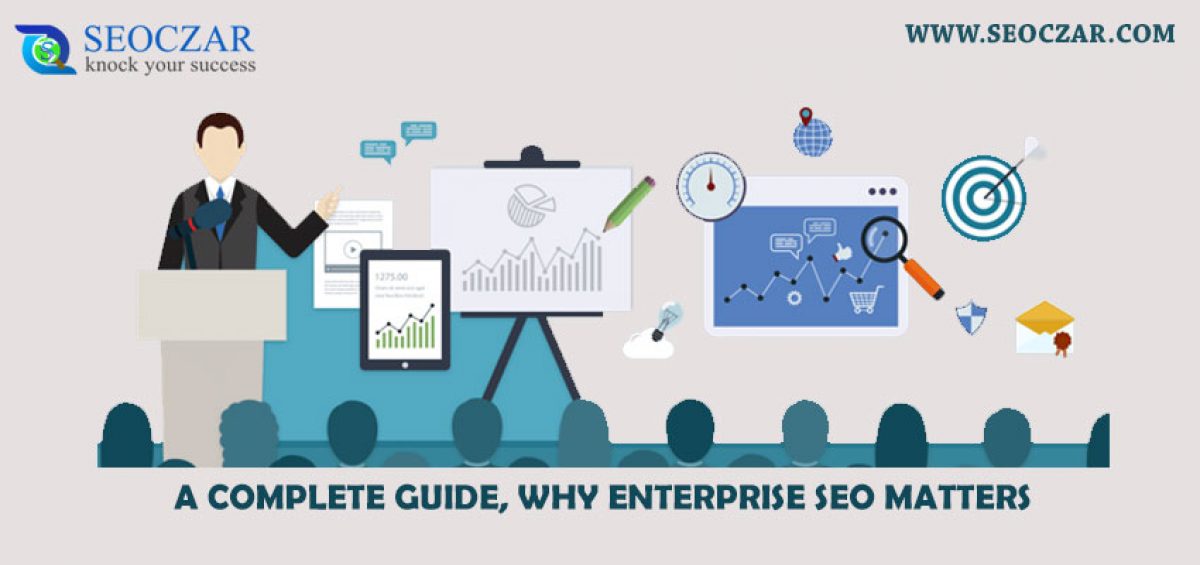

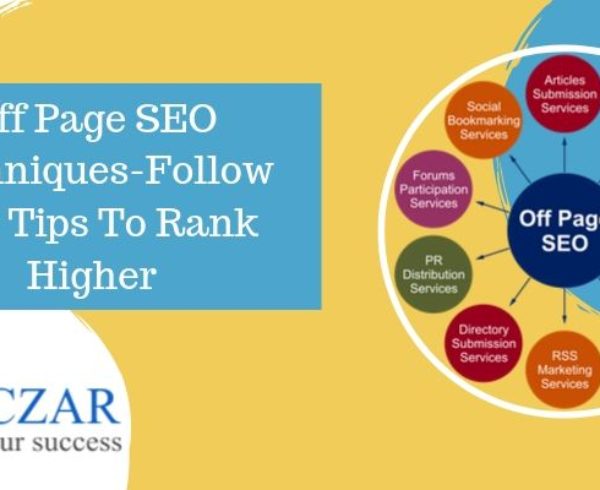
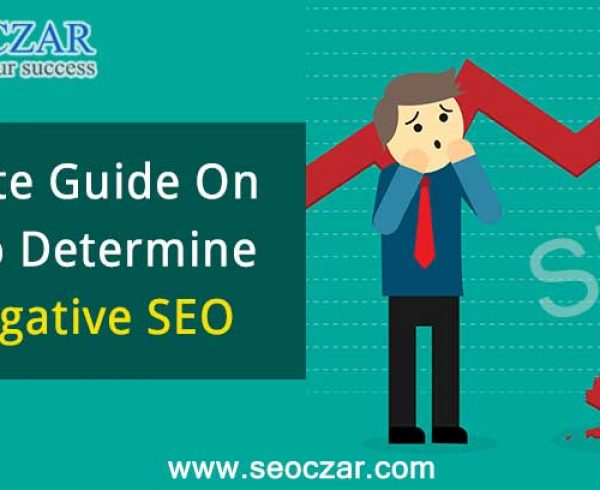
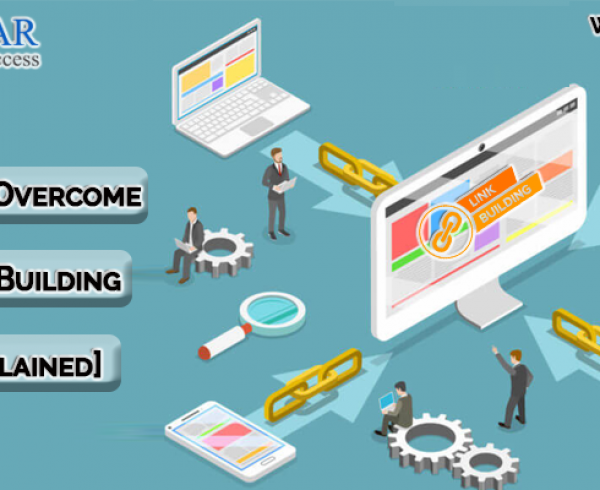
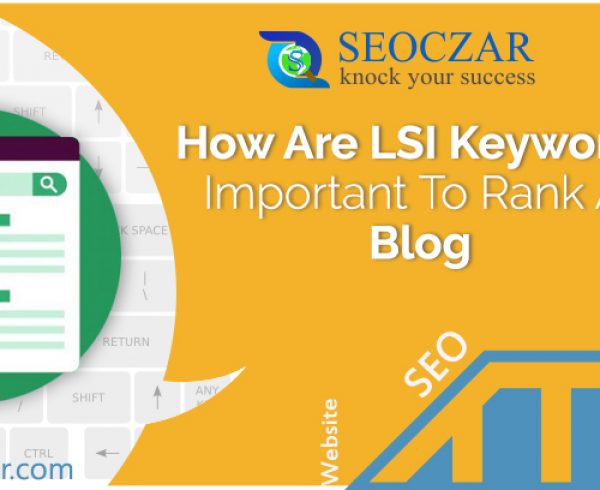
Leave a Comment